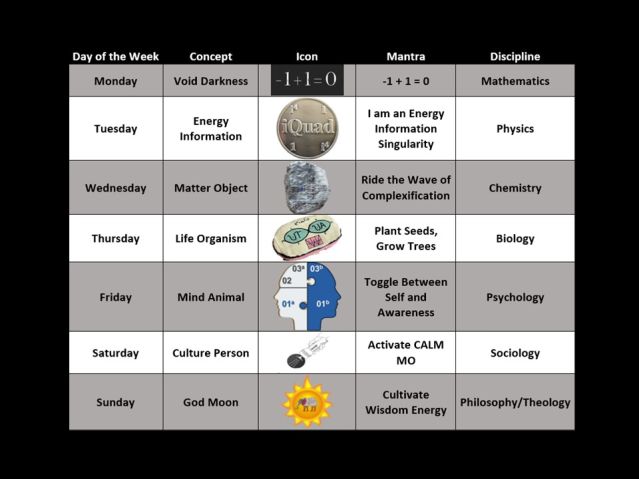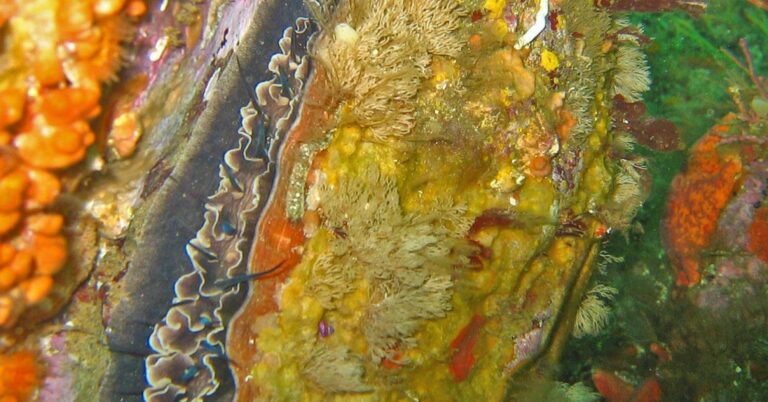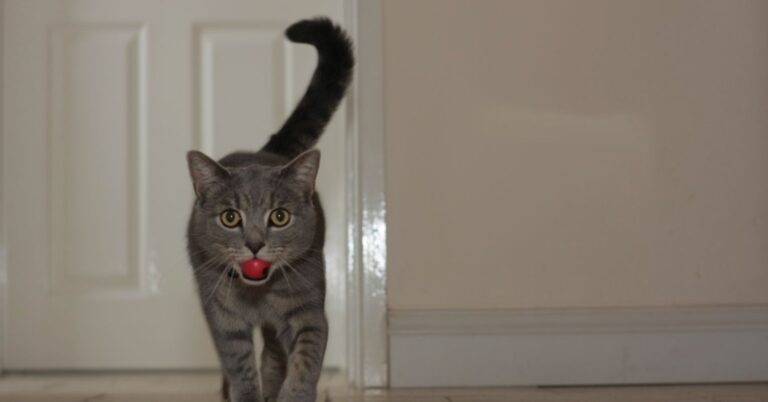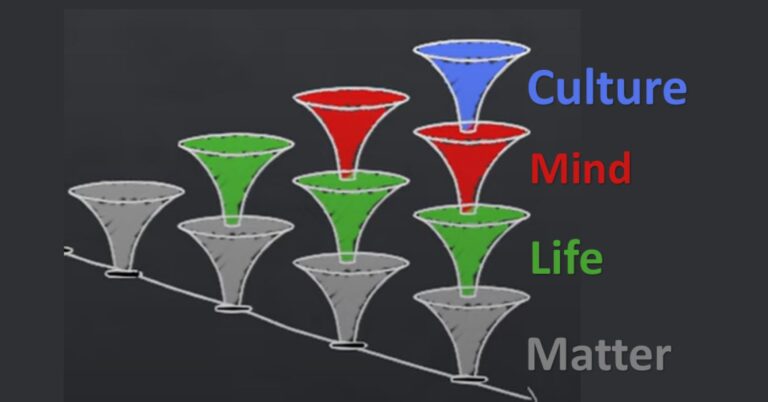This past Saturday night, I experienced an unexpected moment of grief. I was set to have a relaxing, fun night of drinking, partying, and exploring the implications of the Unified Theory of Knowledge (UTOK; yes, that is what I do for fun on a Saturday night). But I happened to pick up my phone and saw this story flash across my feed: “Why Ten Billion Snow Crabs Disappeared Off the Coast of Alaska.“1
Years ago, I used to periodically watch the Discovery reality television series, “Deadliest Catch,” which documents the trials and triumphs of Alaskan crab fisherman. Given the complete devastation of the Bering Strait crab population, they have completely shut down crab fishing for the season. Needless to say, the loss of an entire season and maybe more will put an enormous financial strain on these fishermen and their families.
In addition to grieving for their hardships, I also grieved for the crabs and what happened to them. An analysis in Science2 determined that the massive die off was an intersection of several factors, including a population boom in 2018 followed by an extreme shift toward warmer temperatures. Although the crabs could survive in the warmer waters, the temperature shift deeply impacted the crabs’ metabolism, such that they needed far more calories to survive. The combination of the high population and the substantial increase in need for food for each crab resulted in “an unexpected mass starvation event.”
Concept of “Mindedness”
What is it like to be a starving crab? How much did these creatures suffer? We do not know the answer to this question. Although I am of the opinion crabs likely have “Mind2” experiences (Note: Mind2 is UTOK’s term for subjective conscious experience3), some authors make the case that Mind2 only arises in birds and mammals.4 Regardless of whether the crabs have a subjective conscious experience of being in the world, we should consider them “minded” animals. Mindedness is a term we need to include in our vocabularies. It refers to the sensory-motor loop in animals with brains and complex active bodies that allow them to interact with the world. Note that this is quite different from subjective conscious experience. I bring this up because UTOK helps us learn how to see mindedness in the world. It turns out mindedness is a crucial concept if we are going to learn how to see the world clearly.
The loss of the crabs can be understood as a consequence of a new geological era that we have entered, which some call the Anthropocene. It is so named because of the influence of human behavior on Earth’s atmosphere in recent centuries, which has been so significant as to constitute a new geological epoch.
The crabs died because of human-caused climate change, which is one of the reasons why I was grief-stricken. I put away the alcohol, ate my dinner, and just chilled for the rest of the night. As I sat contemplating all the things going on in the world, I was reminded of the classic line from Dickens that opens A Tale of Two Cities:
It was the best of times, it was the worst of times, it was the age of wisdom, it was the age of foolishness, it was the epoch of belief, it was the epoch of incredulity, it was the season of light, it was the season of darkness, it was the spring of hope, it was the winter of despair.
Void Darkness Day
UTOK gives rise to what is called the “theory of the week,” whereby each day represents a phase in the evolution of complexification. Monday starts the week. It is called “Void/Darkness Day,” and represents the emptiness that is the negative background of existence.5

The UTOK Theory of the Week
Gregg Henriques
It is also the day that we use to acknowledge darkness, death, disappointment, and negative events more generally. So that is why I am sharing this post with you today, on Monday, which I like to frame as “Void/Darkness Day.” There is a lot of pain in the world of which we need to be mindful. And today my soul will be heavy with the deaths of 10 billion minded animals.





















+ There are no comments
Add yours